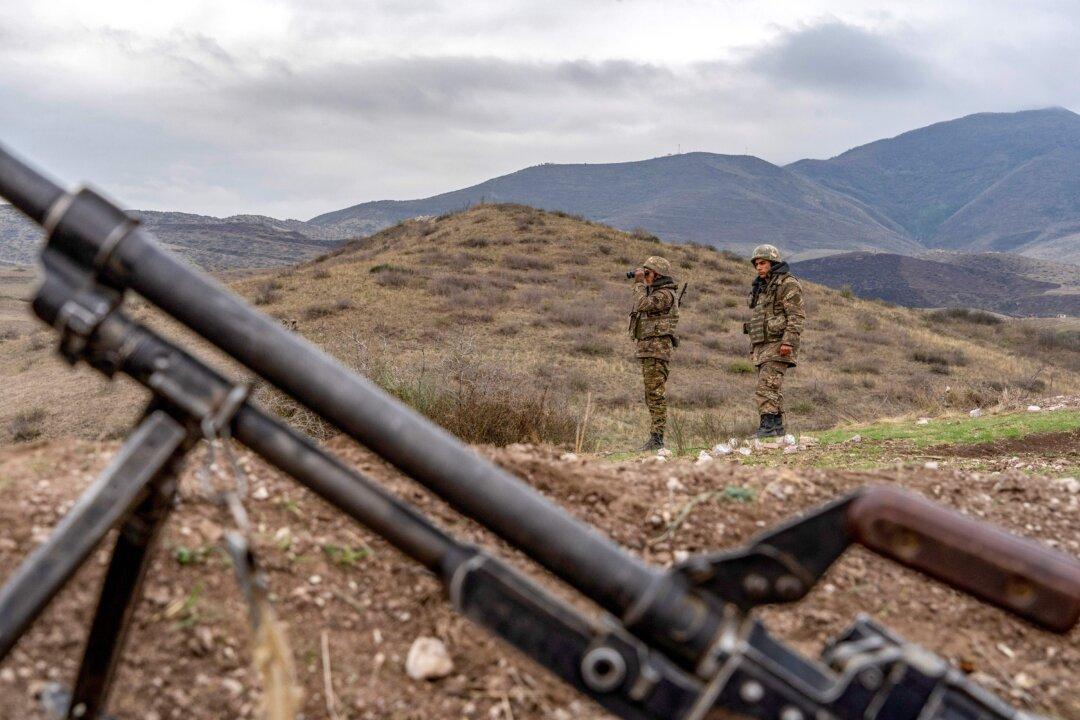Russia has agreed to withdraw its peacekeeping forces and border guards from Armenian territory, Kremlin spokesman Dmitry Peskov has said.
The move comes amid steadily mounting political friction between Moscow and Yerevan, Armenia’s capital.

Russia has agreed to withdraw its peacekeeping forces and border guards from Armenian territory, Kremlin spokesman Dmitry Peskov has said.
The move comes amid steadily mounting political friction between Moscow and Yerevan, Armenia’s capital.